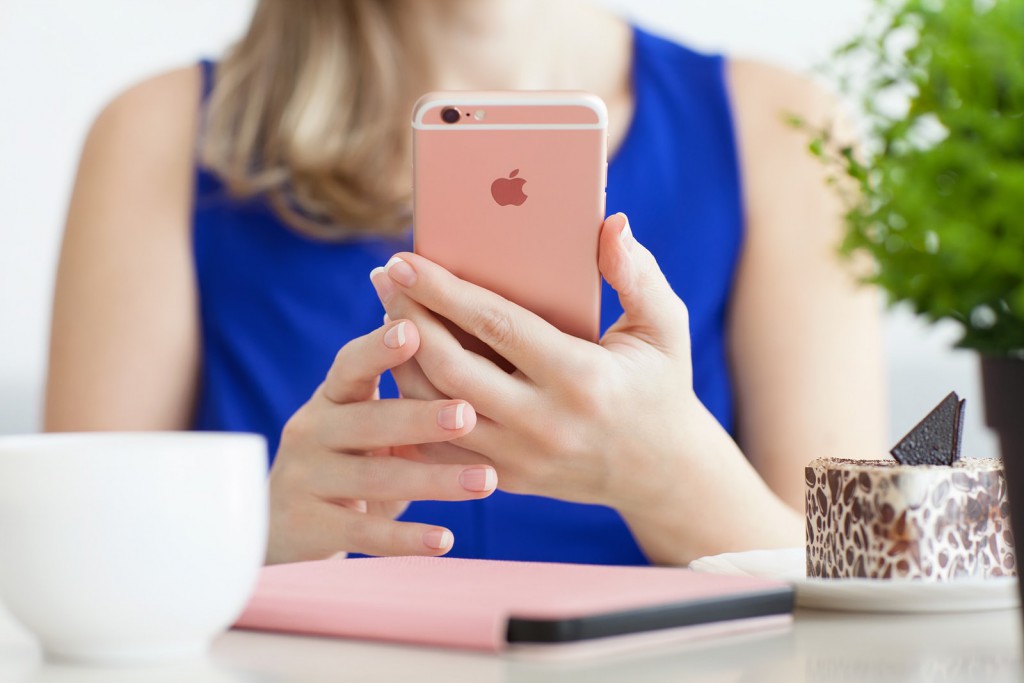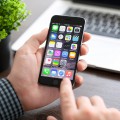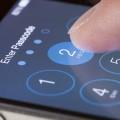
The tech giant calls the ruling “unprecedented” and disputes FBI’s claims of one-time use for “backdoor” technology.
Apple is refusing to heed a federal judge’s order to unlock an iPhone used by one of the San Bernardino shooters who killed 14 people on Dec. 2.
In “A Message to Our Customers” posted on the tech giant’s Web site, Apple CEO Tim Cook stated the company’s objections to the order, which he called “an unprecedented step which threatens the security of our customers.”
The judge’s order stems from the investigation into the murders committed by Syed Farook and his wife Tashfeen Malik during an attack at a Christmas party held by the San Bernardino County Public Health Department. Farook was an employee of the department and the iPhone in question was assigned to him by the department.
U.S. District Court of Central California Judge Sheri Pym ruled Feb. 16 that Apple was required to give FBI investigators “reasonable technical assistance” to help recover data from the iPhone 5c used by Farook.
At question is the iPhone’s auto-erase function, which will erase data on the device after 10 failed attempts at entering the password.
The fix the FBI seeks would allow it to enter unlimited passwords without triggering the auto-erase function.
You Might Also Enjoy: Apple Aims to Take Bite Out of Peer-to-Peer Payment Market
Cook argues in his letter that the government’s order demands that Apple “build a backdoor to the iPhone.” This, Cook said, would require creating a version of the iPhone’s operating system, iOS, that would bypass the device’s security safeguards.
“The government is asking Apple to hack our own users and undermine decades of security advancements that protect our customers,” Cook wrote.
The Justice Department responded with a statement saying that Pym’s ruling “and our request in this case do not require Apple to redesign its products, to disable encryption or to open content on the phone.”
“It is unfortunate that Apple continues to refuse to assist the department in obtaining access to the phone of one of the terrorists involved in a major terror attack on U.S. soil,” the statement read, arguing that the order “was narrowly tailored to this particular phone … .”
That’s not possible, Cook argued.
“Once created, the technique could be used over and over again, on any number of devices,” Cook wrote, comparing it to a “master key, capable of opening hundreds of millions of locks — from restaurants and banks to stores and homes.
“No reasonable person would find that acceptable,” Cook wrote.





